Under the pseudonym Thau Chin, President Ho Chi Minh spent time working as a revolutionary in Siam (now Thailand) from July 1928 to November 2029 and quickly integrated himself into the lives of overseas Vietnamese. Here, he directly built and consolidated the revolutionary base, preparing politically , ideologically and organizationally for the establishment of a proletarian political party in Vietnam.
From the small Vietnamese villages in the provinces of Udon Thani, Sakon Nakhon, Nakhon Phanom, Phichit, the image of Mr. Chin (Thau Chin) has become close and dear to the people. He has aroused and fostered the spirit of patriotism and national solidarity in the overseas Vietnamese community, laying a solid foundation for the patriotic movement of our overseas compatriots in Thailand.
President Ho Chi Minh's revolutionary activities in Thailand, although short, were an extremely important preparatory stage in building a political base, consolidating forces, and spreading revolutionary ideology leading to the establishment of the Communist Party of Vietnam in 1930.
The book “Uncle Ho in Thailand” by author Ha Lam Danh is a source of authentic historical documents about Uncle Ho’s revolutionary activities in Thailand. Stemming from the love and respect for Uncle Ho, the translation team led by Dr. Soonthorn Phannarattana and teacher Le Quoc Vi (Thai name: Thawee Rungrotkajonkul) translated this book into Thai with the desire to preserve and spread the Vietnamese-Thai language and culture in the Vietnamese community in Thailand as well as to help Thai friends better understand beloved Uncle Ho.
On the occasion of the 135th anniversary of President Ho Chi Minh's birthday (May 19, 1890 - May 19, 2025), the VietnamEducation Publishing House in collaboration with the Consulate General of Vietnam in KhoKaen, Thailand organized the publication of the book "Uncle Ho in Thailand" in bilingual Vietnamese - Thai. With non-commercial purposes, the book aims to contribute to spreading the profound historical and humanistic values of his life and revolutionary career.
Table of contents of the book. (Photo: PV/Vietnam+)
The stories in the book vividly and realistically reflect the image of a Vietnamese revolutionary soldier with the alias Thau Chin in Thailand.
From Udon, Phichit, Sakon, Nakhon... wherever he was, he always lived simply, getting along with everyone in his daily life and work, not hesitating to do any work, no matter how hard or tiring: " Working with his brothers, during the day he worked hard, at night he often went fishing and came back late at night." (Fake but true story) ; “ When he first arrived, Thau Chin and everyone else dug wells and tree roots (at this time the “Cooperative Association” was clearing wasteland to make a garden). Nearly a month later, after obtaining permission from the Siamese Government, the overseas Vietnamese built a school. Thau Chin also participated in carrying bricks.” (Thau Chin in Siam) ; “I am like you, how can I be privileged to unburden you? So, Mr. Chin also carried on his shoulders two covered barrels containing more than 10kg of rice, a little salt for eating, sugar, and clothes and daily necessities.” (People and the Road).
In Him is the spirit of overcoming difficulties and rising up no matter what circumstances. That is why he is always admired by everyone: “After walking for several days, one day while resting, the brothers noticed that Chin's feet were blistered in many places, with ripe jujubes spoiling them, and some places were ulcerated and bleeding... But Chin remained silent, not even a single exclamation, as if nothing had happened... Chin was very touched by the concern of his brothers, but he said: - There are no difficulties in the world, but the human heart is not steadfast! Never mind, just keep going and you will become brave. In life, people must be determined to practice to become brave. After this walking trip, Chin's legs were as flexible as few people... Many brothers could not keep up with Chin. Once, Chin walked from Udon to Xa Vang, more than 70 km, and it took only one day to understand” (The Man and the Road).
The book "Uncle Ho in Thailand" is bilingual in Vietnamese and Thai. (Photo: PV/Vietnam+)
Wherever he went, he paid great attention to propagating and improving the level and spirit of revolutionary enlightenment for overseas Vietnamese, by working in newspapers, opening schools, and opening literacy classes for overseas Vietnamese children: " Mr. Chin advocated changing the newspaper "Dong Thanh" (a newspaper of the "Than Ai Association" published since 1927) to "Than Ai" newspaper; the content of the newspaper must be clear, the chapters must be concise and easy to understand (...) He also advocated asking for permission from the Siamese Government to establish schools for overseas Vietnamese children, encouraging everyone to learn the Siamese language, and expanding the movement to learn the national language" (Thau Chin in Siam); “ Over time, the “Lecture Society” became established, Mr. Chin showed us how to organize classes… Every ten days, he would come to lecture one evening for this class, and ten days later he would come to lecture for another class… Mr. Chin’s way of explaining revolutionary theory was simple yet profound. Therefore, learning from this primer on the Revolutionary Path by Mr. Chin, from then until now, I still remember by heart many passages in the document, many of Mr. Chin’s sayings” (The Man and the Path).
Wherever he passed, he left behind fond feelings and an indelible mark on the local people: “Since Thau Chin arrived, the houses of the “Cooperative Association”, except for the days when there were internal activities, were packed with people every night. They loved to listen to Thau Chin talk because Thau Chin spoke very attractively… People saw in him something respectable but at the same time easy to get along with” ( Thau Chin in Siam).
Many relics of Uncle Ho in Thailand are being preserved and developed thanks to the contributions of the local government, community, and overseas Vietnamese. (Photo: PV/Vietnam+)
During his revolutionary journey in Thailand, Uncle Ho always had to face the fierce pursuit of French spies, but thanks to the protection of overseas Vietnamese and local people, he overcame all dangers to continue leading the Vietnamese revolution to victory: " I also know how to be careful: any work that is not within my scope, I should not be curious. But in the case of Mr. Chin coming to Ban Dong to work for a long time, if we want to protect Mr. Chin well so that he can operate easily, we cannot let him "wear the cloak of a merchant". (Man and the Road).
Uncle Ho's activities have helped the lives of overseas Vietnamese become better and better: "Since the day Mr. Chin came to Ban Dong, everyone here feels more knowledgeable and more confident in their own path with direction and destination." (People and the Road ); “ Wherever there are overseas Vietnamese, schools are organized for children. Wherever there are schools, parents gather to listen to newspapers and discuss work. Children are no longer naughty, illiteracy is gradually eliminated. In short, there is a great change in overseas Vietnamese in Siam” (Stories about the life and activities of President Ho).
The book Uncle Ho in Thailand is not only a valuable document but also shows the sacred feelings and gratitude of the Vietnamese community in Thailand towards President Ho Chi Minh. (Photo: PV/Vietnam+)
Although time has passed, the image of Uncle Ho is still deeply imprinted in the hearts of overseas Vietnamese and Thai people. Many people still tell the next generations stories about Uncle Ho, conveying love and pride, like a Vietnamese legend.
Many relics of Uncle Ho in Thailand are being preserved and developed thanks to the contributions of the local government and community, and overseas Vietnamese such as: President Ho Chi Minh relic site in Noong On village (Udon Thani province); Relic site in Ban Dong (Phichit province); President Ho Chi Minh memorial site in Nachok village (Ban May), Nakhon Phanom province are vivid evidence of the community's affection and pride.
The book "Uncle Ho in Thailand" is not only a valuable document but also shows the sacred sentiments and gratitude of the Vietnamese community in Thailand towards President Ho Chi Minh. Thereby, it contributes to strengthening the Vietnam - Thailand friendship, affirming the important role of overseas Vietnamese in the cause of national construction and defense./.
(Vietnam+)
Source: https://www.vietnamplus.vn/chuyen-ve-nhung-ngay-bac-ho-voi-bi-danh-thau-chin-tren-dat-xiem-post1039359.vnp


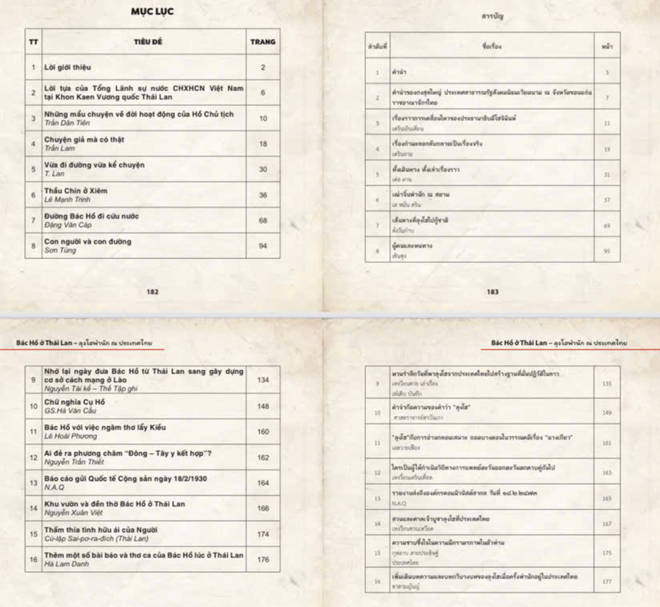
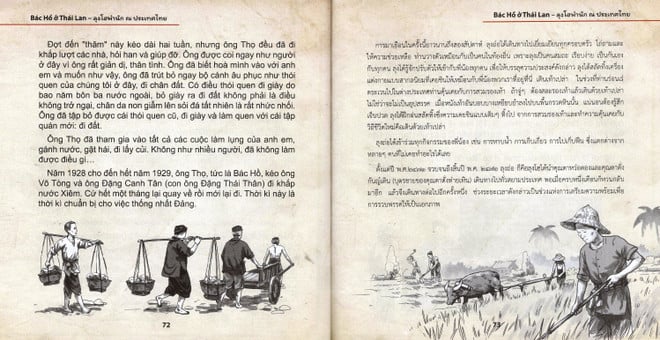
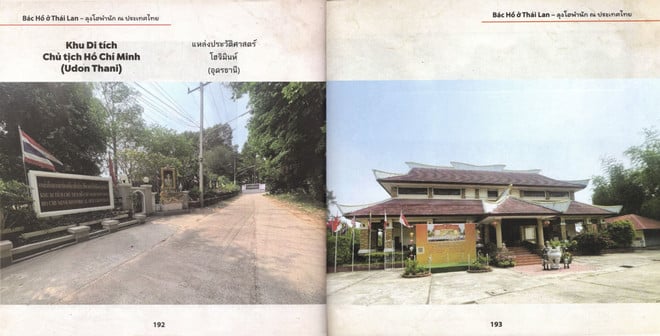
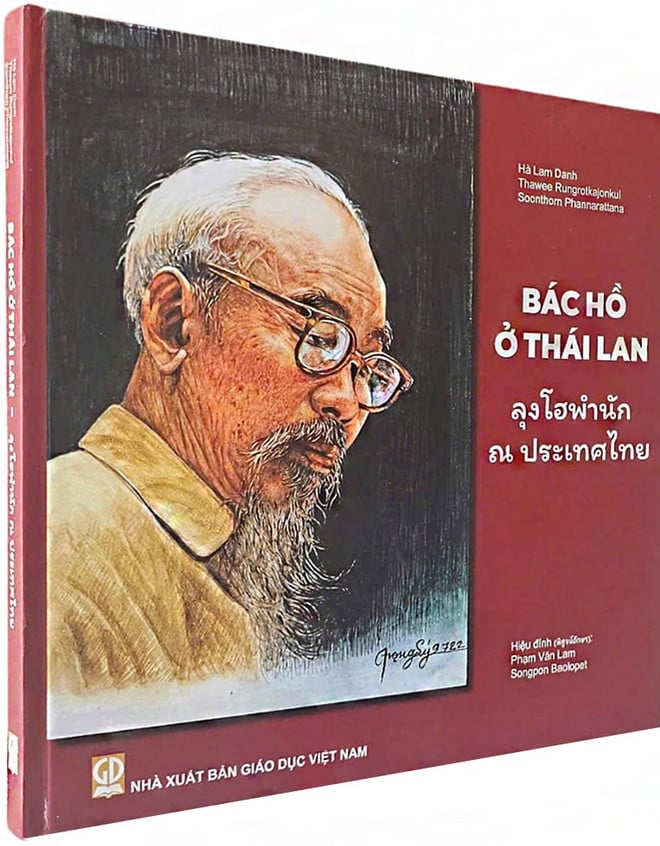






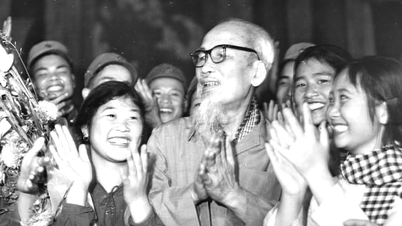

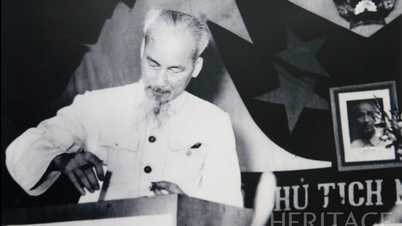

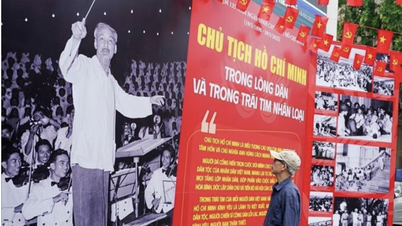
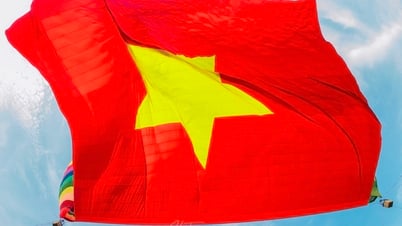

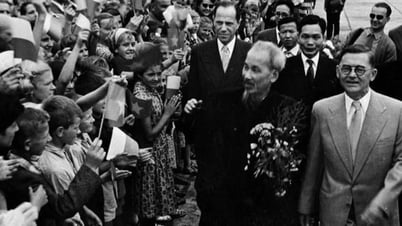

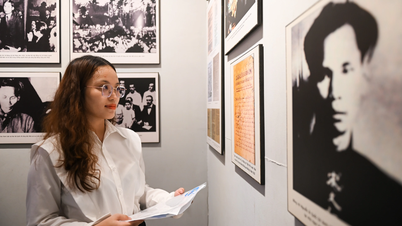

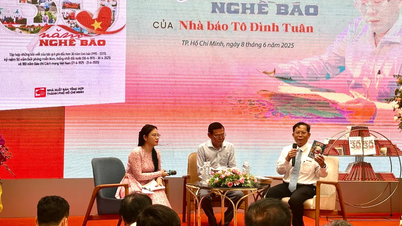

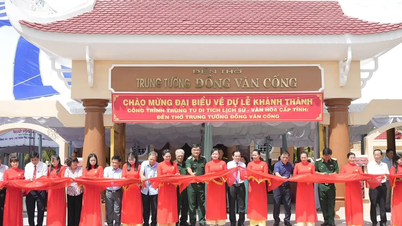
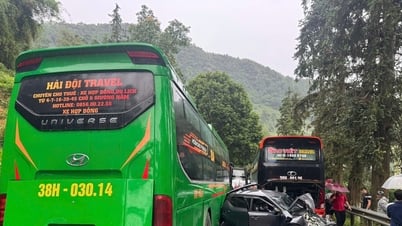

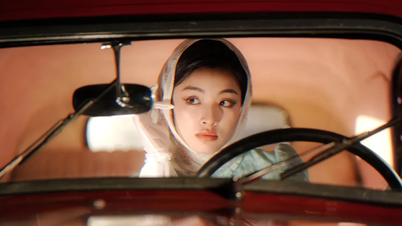
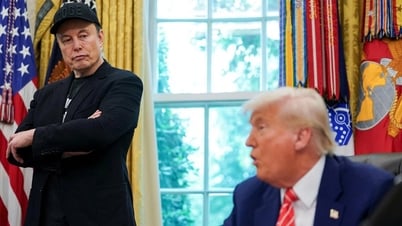






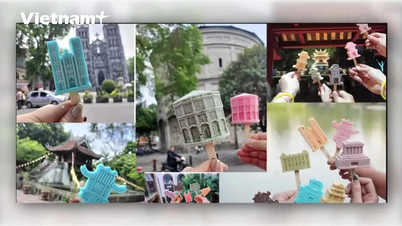
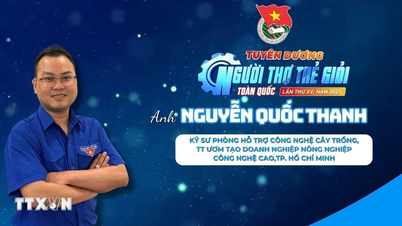


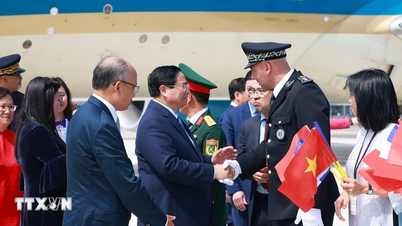
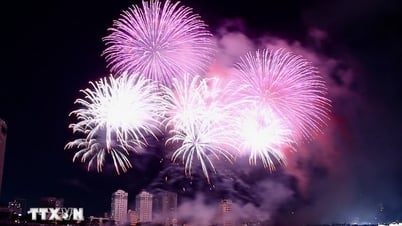
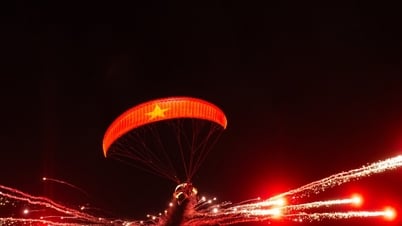






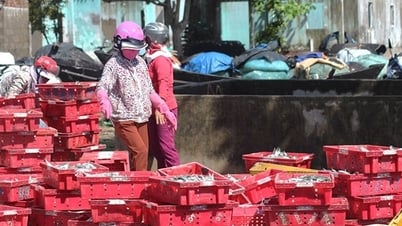





















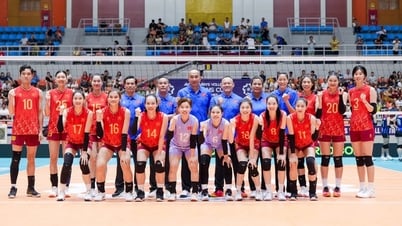
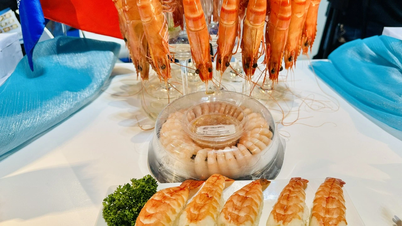










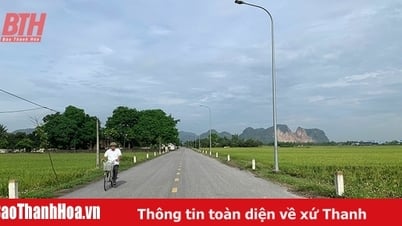

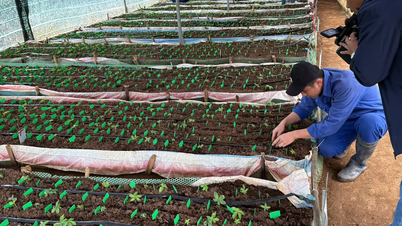
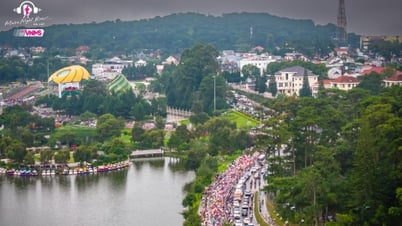

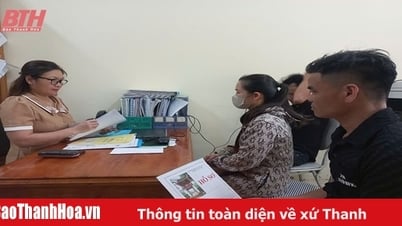
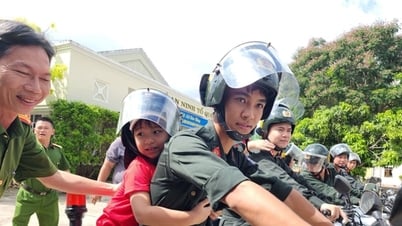
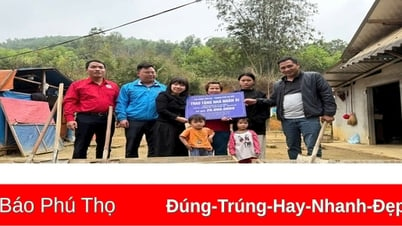








![[OCOP REVIEW] Tu Duyen Syrup - The essence of herbs from the mountains and forests of Nhu Thanh](https://vphoto.vietnam.vn/thumb/402x226/vietnam/resource/IMAGE/2025/6/5/58ca32fce4ec44039e444fbfae7e75ec)


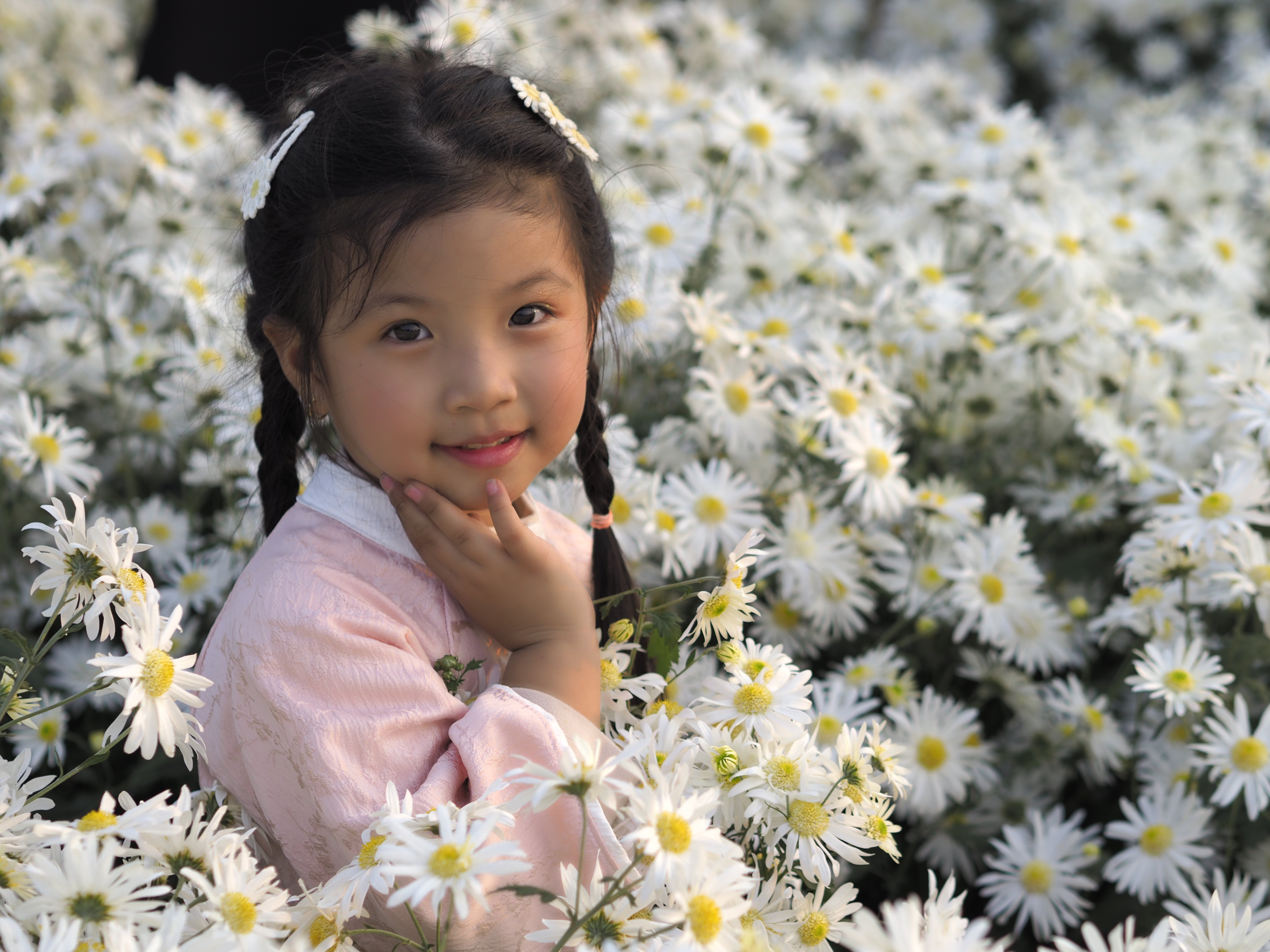
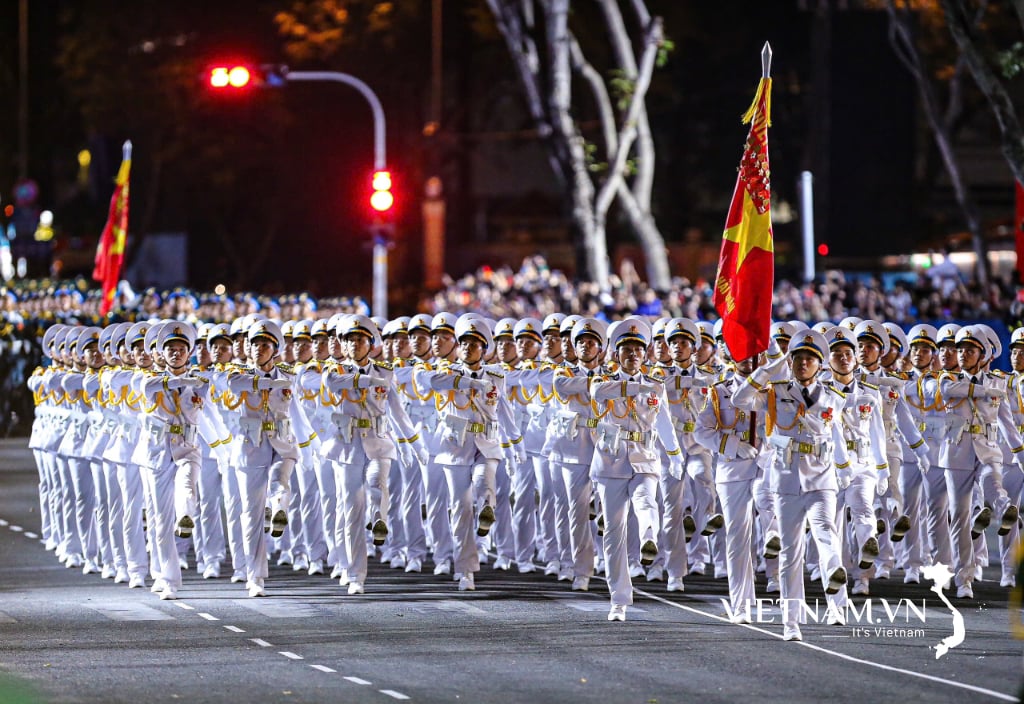
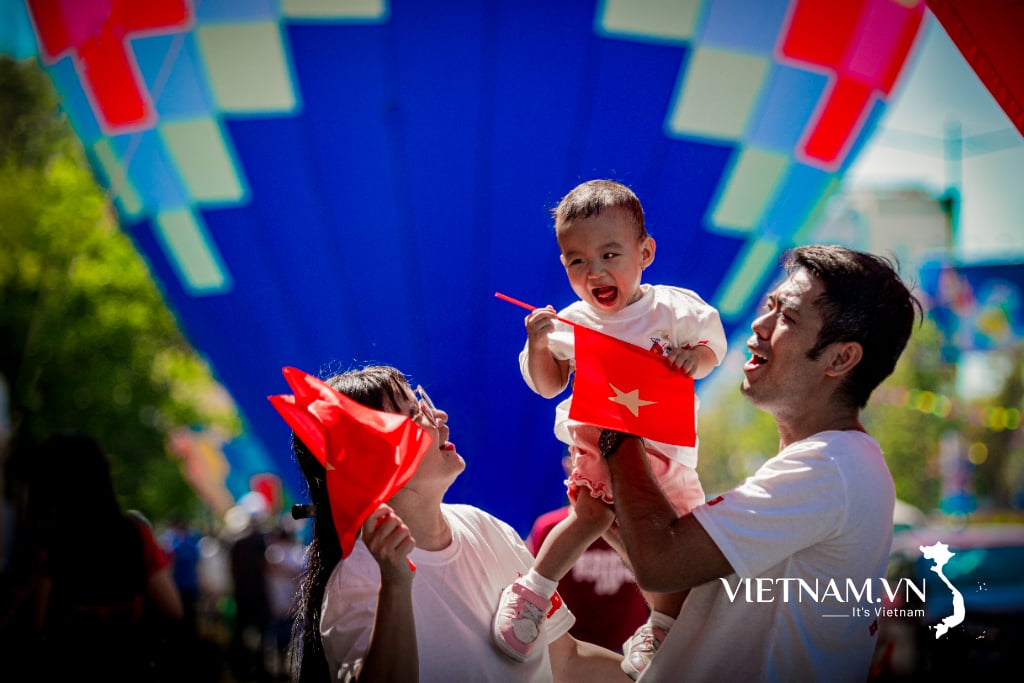
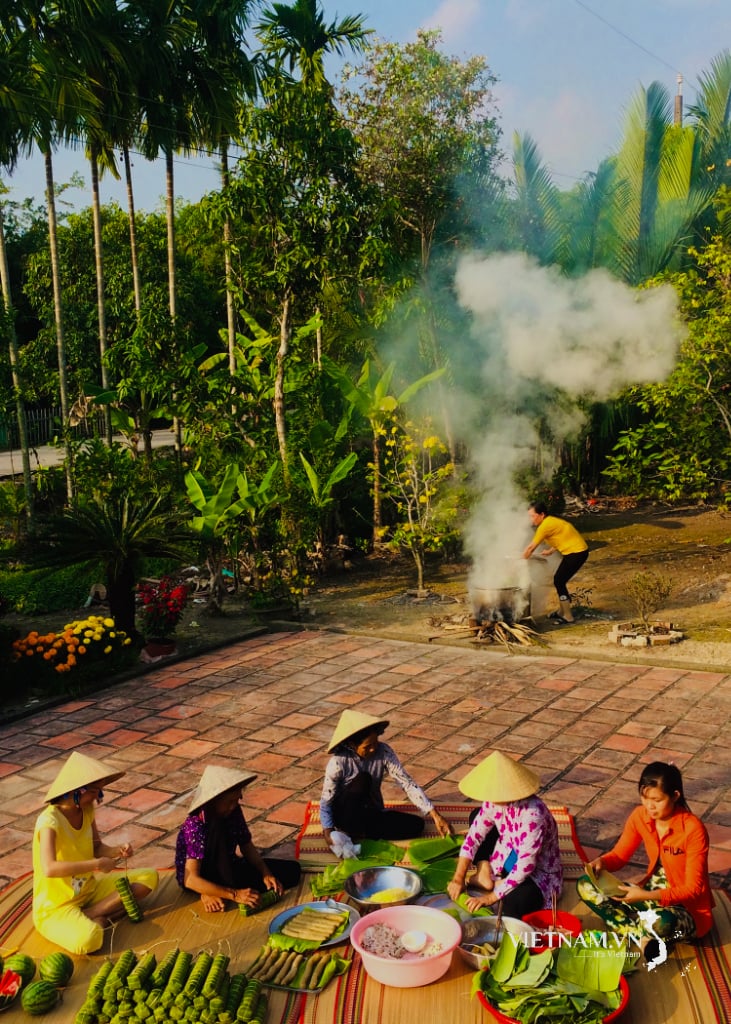
Comment (0)